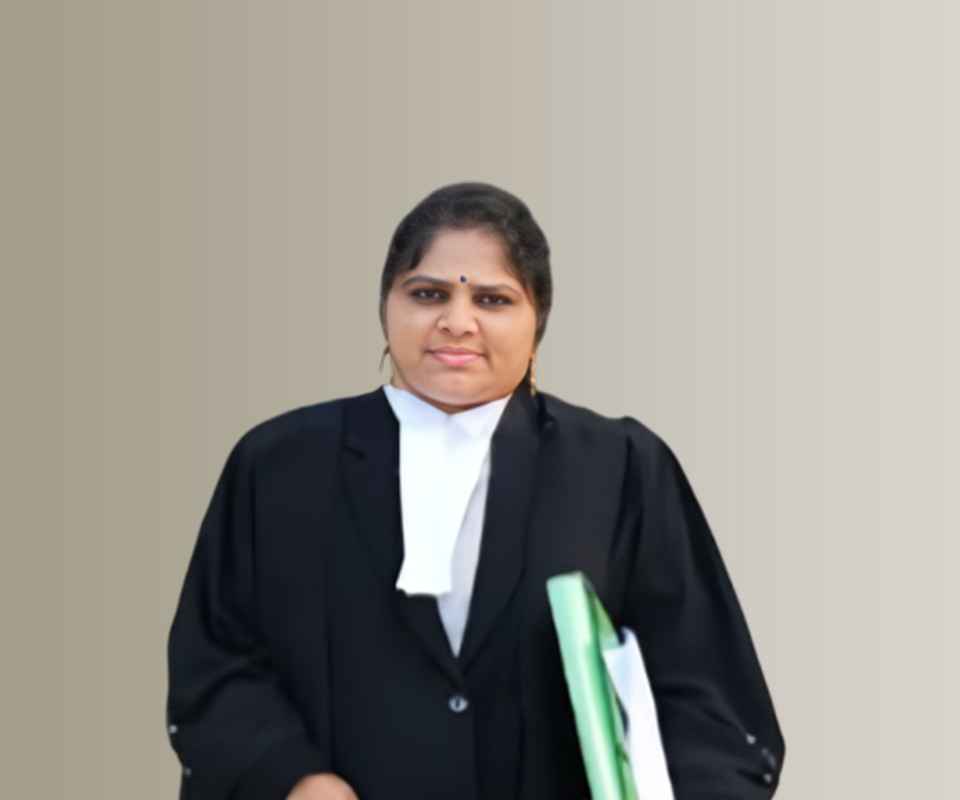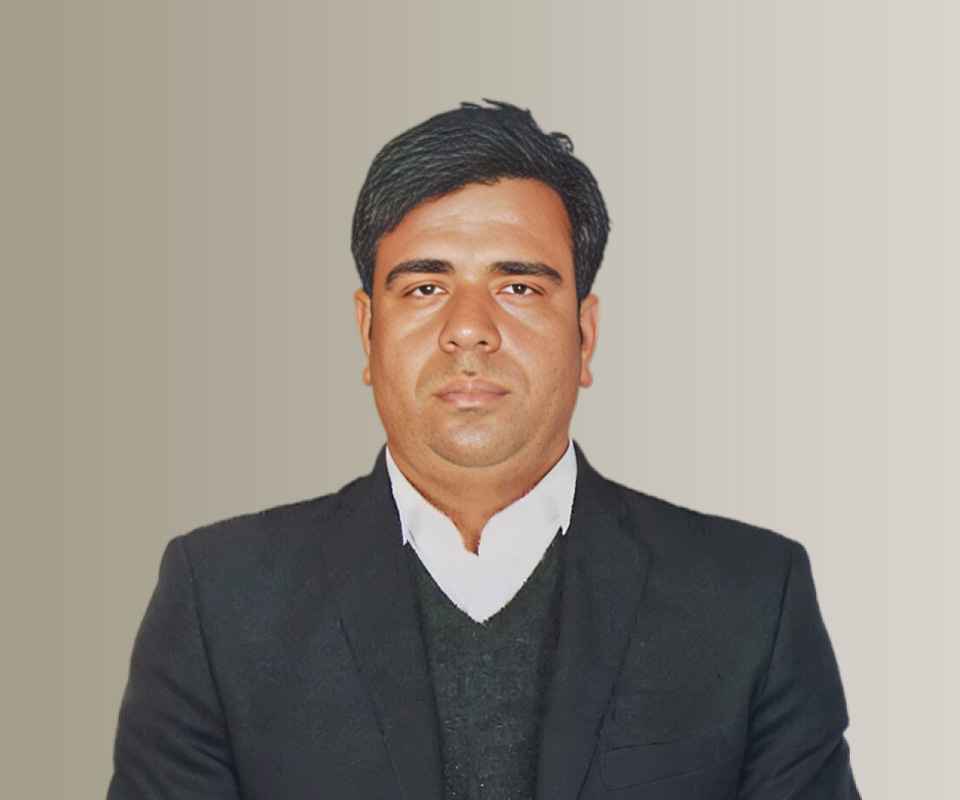Answer By law4u team
Non-governmental organizations (NGOs) often play a crucial role in providing care and support to elderly individuals, particularly in nursing homes, care facilities, or community outreach programs. However, when negligence in providing proper care leads to harm, including death, the legal question arises: can NGOs be held liable for elder deaths? The answer depends on the nature of the negligence, the duty of care the NGO owes to the elderly individuals, and the legal frameworks governing such cases.
Key Factors Affecting NGO Liability:
Duty of Care:
NGOs that provide elder care, whether residential or in-home services, have a legal obligation to ensure the well-being of their residents or clients. This includes providing adequate healthcare, safety, and attention to emotional and physical needs. Failure to meet these standards could be seen as a breach of their duty of care.
Negligence:
To hold an NGO liable for an elder's death due to negligence, it must be proven that the organization failed to exercise reasonable care. This could include failing to monitor the elder’s health, neglecting to provide necessary medical treatments, inadequate staffing, or not taking appropriate action in response to known risks.
Breach of Duty:
If an NGO is found to have violated the established duty of care by acting in a way that any reasonable organization in the same situation would not, such as improper handling of medication or a failure to implement safety measures, it may be held accountable for the death.
Causation:
Even if negligence is proven, it must be shown that the breach of duty directly caused the elder's death. In other words, the negligent act must have been the proximate cause of the death, rather than an unrelated factor.
Legal Framework:
Laws governing the liability of NGOs vary by country and region. Many countries have regulations regarding elder care and the operation of care homes, which can influence the liability of NGOs. In some cases, legal doctrines such as vicarious liability (holding an organization accountable for the actions of its employees) may apply.
Insurance and Risk Management:
Many NGOs, especially those providing elder care, carry liability insurance to cover claims arising from negligence or wrongful death. Insurance coverage can help protect both the organization and the families affected by negligence, but it does not absolve NGOs of their responsibility to provide adequate care.
Common Legal Challenges:
Proving Negligence:
Proving that an NGO was negligent requires clear evidence, such as medical records, testimonies from staff or witnesses, and expert opinions. In some cases, it may be difficult to demonstrate that negligence directly caused the death, particularly if the elderly person had multiple health conditions.
Agency Defense:
NGOs may attempt to defend themselves by claiming that the death was due to the natural progression of an elderly individual's health issues rather than negligence. For instance, if an elderly person was terminally ill, the organization may argue that the death was inevitable.
Compliance with Regulations:
NGOs may argue that they were in full compliance with all relevant elder care regulations, including staffing requirements, safety protocols, and healthcare standards. Evidence of compliance could potentially mitigate liability.
Vicarious Liability:
In cases where the negligence was committed by an employee of the NGO (e.g., a caregiver or nurse), the organization may be held vicariously liable for the employee’s actions, even if the NGO itself did not directly cause the harm.
Legal Protections and Actions for Consumers:
Elder Abuse Laws:
Many countries have elder abuse and neglect laws that provide protections for elderly individuals, particularly those in care facilities. If negligence leads to a death, family members may pursue civil actions for wrongful death, and criminal charges may also be filed in cases of extreme negligence.
Filing a Claim:
Family members can file a negligence claim against the NGO, seeking compensation for medical expenses, funeral costs, and damages for emotional suffering. In some jurisdictions, wrongful death claims may also be pursued if it is determined that the NGO's negligence led to the death.
Investigating the Death:
Authorities, such as adult protective services, the police, or regulatory bodies, may conduct investigations into the cause of death to determine whether negligence played a role. If there is evidence of wrongdoing, the NGO could face legal consequences, including sanctions or loss of operating licenses.
Choosing Safe Care Facilities:
Families should thoroughly research NGOs or care facilities before entrusting them with the care of elderly loved ones. Ensure the facility is properly licensed, meets regulatory standards, and has a good track record of providing quality care.
Example:
An elderly woman, Mrs. Gupta, has been living in a care home run by an NGO that offers residential care for seniors. Over time, her family notices that she is not receiving her required medications on time, and her condition worsens. Despite their repeated complaints, the staff does not make changes. Unfortunately, Mrs. Gupta passes away due to complications arising from untreated medical issues.
Steps the family should take:
Consult with an Attorney:
The family should seek legal counsel to understand their rights and evaluate whether the NGO's negligence directly caused the death.
Gather Evidence:
Collect medical records, incident reports, and testimonies from other residents or staff who may have witnessed the negligence.
File a Wrongful Death Claim:
The family can file a wrongful death lawsuit against the NGO, seeking compensation for their loss and holding the organization accountable for its negligence.
File a Complaint with Regulators:
Report the issue to the appropriate regulatory bodies to investigate the NGO’s practices and potentially prevent further harm to other residents.
Seek Emotional Support:
Dealing with the loss of a loved one under such circumstances can be emotionally challenging. Families may want to seek counseling or support groups to navigate the grief process.







